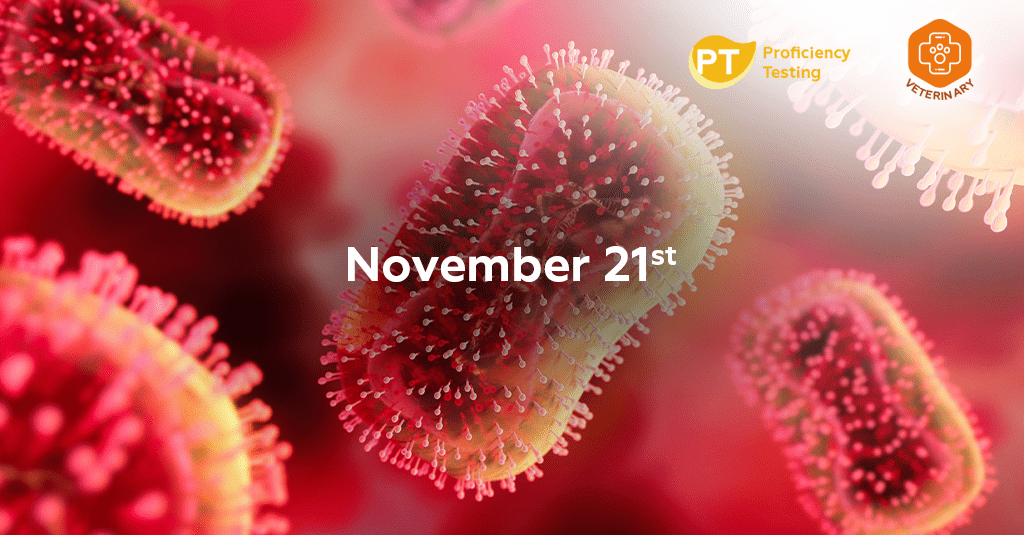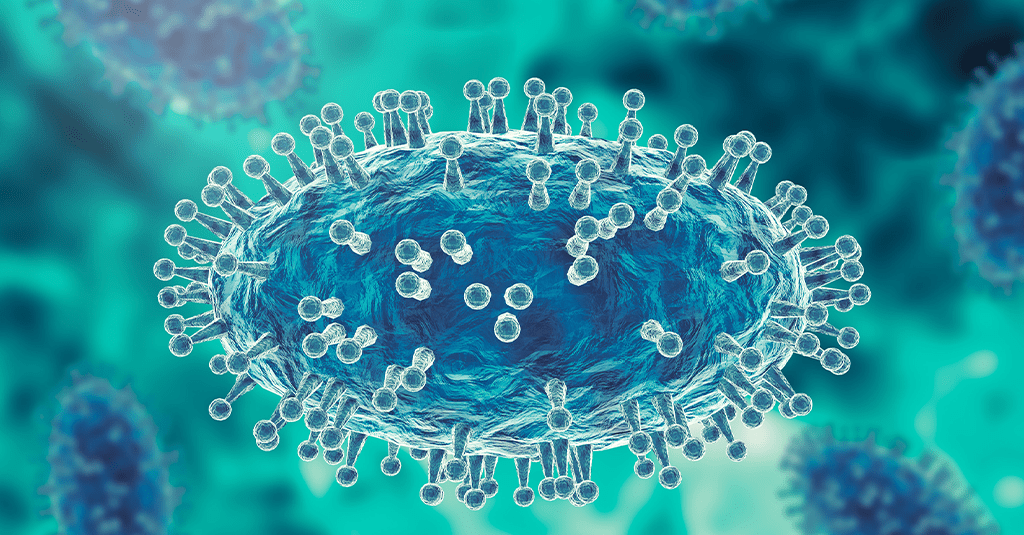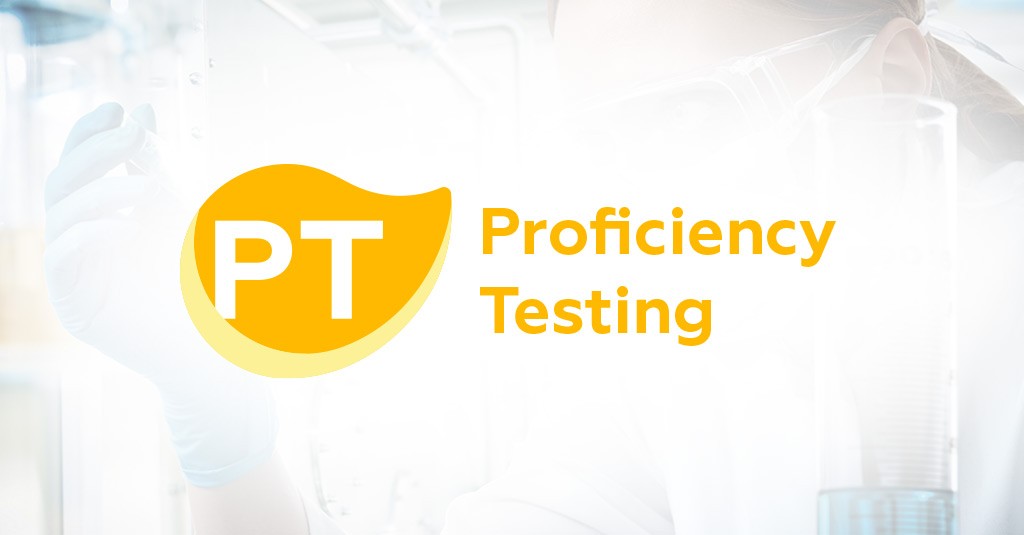An initiative launched to assess the reliability of analyzes and implementation of routines to detect the virus in humans is extended to companion animals. First round is free of charge.
In September of this year, human analysis laboratories in several countries received the first Proficiency Testing for the detection of the Monkeypox virus, provided by Controllab.
Recently, in addition to the detection of the Monkeypox virus in humans, the first reports of infection in other species began to emerge. A group of French scientists confirmed the first case of Monkeypox in a dog and, following the publication of this report in a scientific journal, several public health authorities issued recommendations.
An example is the release of the Technical Note from the Ministry of Health (MoH) of Brazil. The document contains recommendations on the management of companion animals clinically suspected or exposed to Monkeypox Virus (MPXV) infection.
Although information on the importance of the involvement of these animals in the maintenance and spread of the virus in the environment is incipient, suspected cases need to be quickly identified to avoid worsening the clinical condition of the animal.
In yet another pioneering initiative, Controllab, which is always attentive to the needs of the diagnostic sector, expanded the Monkeypox Proficiency Testing (MPX) to meet veterinary routines.
The Proficiency Testing (PT), also known as External Quality Control, follows the criteria of ABNT NBR ISO/IEC 17043. It will be sent on November 21st, with test items prepared from an inactivated viral isolation, for detection of MPXV by molecular methods.
By enrolling in the Proficiency Testing, veterinary laboratories demonstrate their commitment to the credibility and quality of their reports.
Do you want to highlight your commitment to the quality of this exam? Register here and participate in the initial round, free of charge!
Recently, in addition to the detection of the Monkeypox virus in humans, the first reports of infection in other species began to appear and several public health authorities issued recommendations.
The initial round will be free of charge for the laboratories that indicate their interest.
Sign up!


